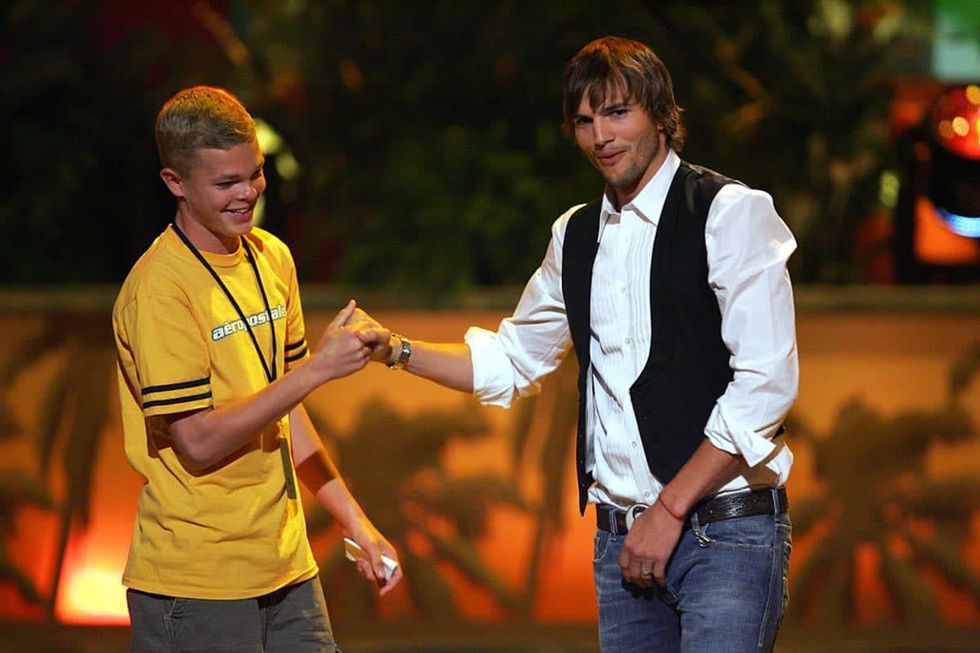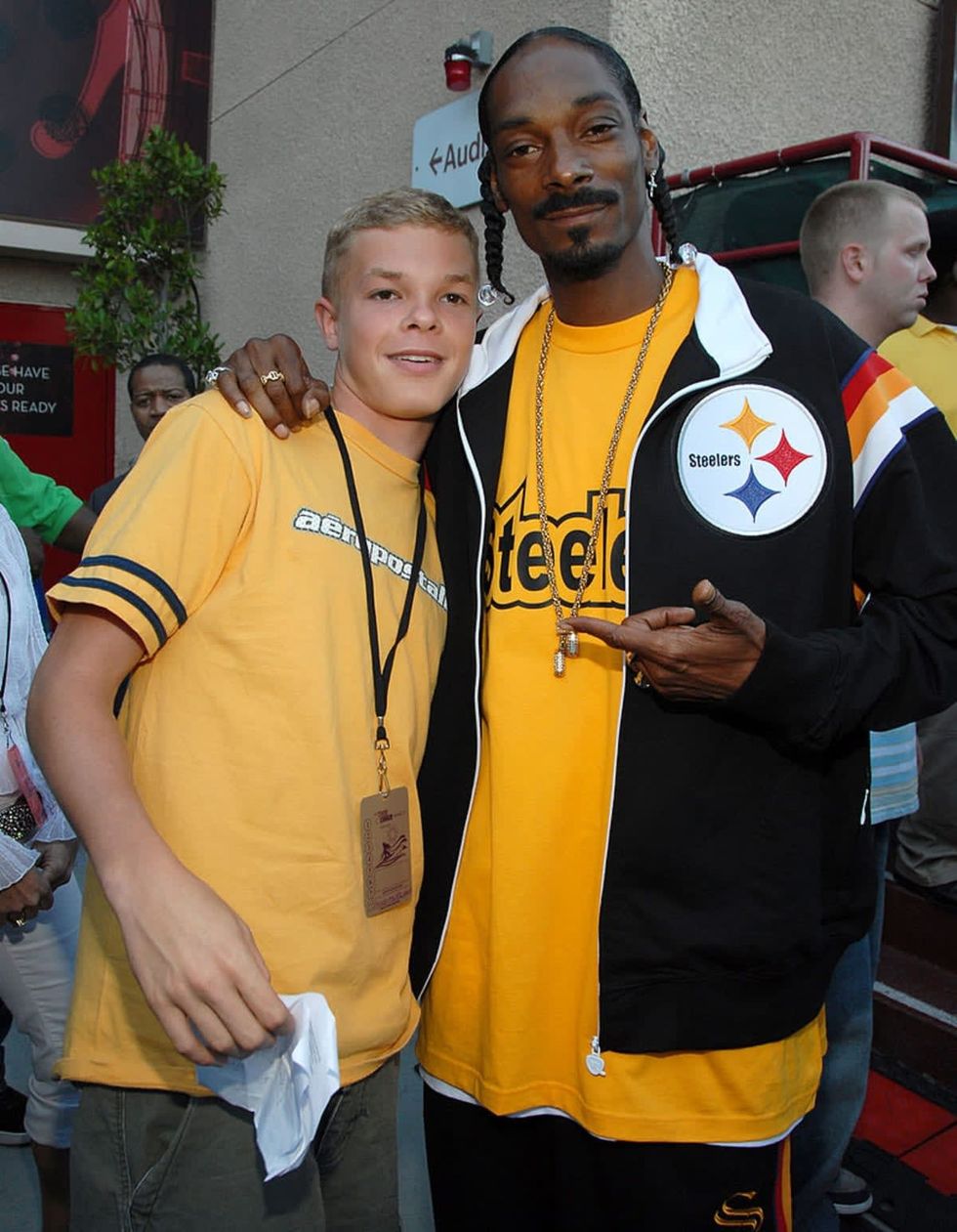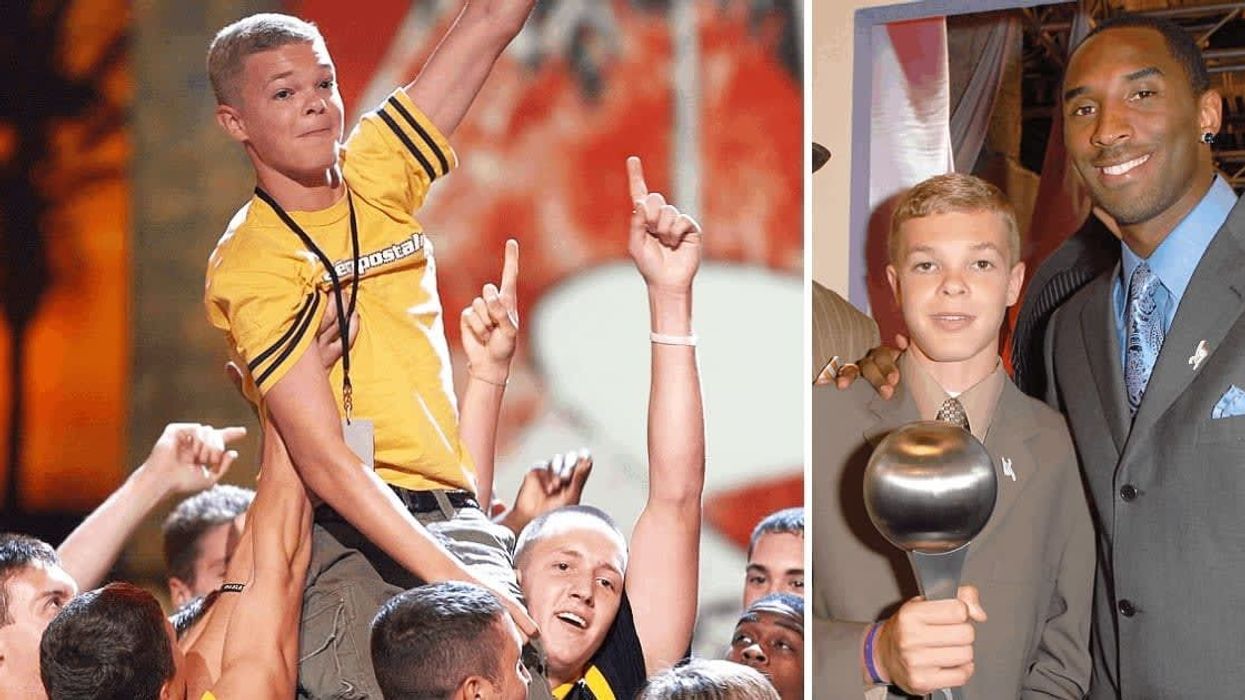"If I wasn't there to witness it, I wouldn't have believed it," said coach Johnson about Jason McElwain's high-school basketball cameo that became a legend. The field of sports has witnessed some inspirational moments over the years and this heart-warming tale about Jason McElwain, an autistic student, who stepped onto the basketball court for Greece Athena High School. The whole school was rooting for him to score one basket. He defied all odds by scoring an incredible 20 points in four minutes, landing six 3-pointers that would have put Steph Curry to shame. This incredible performance was recorded on video and thurst Jason into the national spotlight, reported ESPN.

However, Jason's life was not always a smooth ride as he had his own set of challenges to deal with. Diagnosed with autism at a tender age, Jason had to go through plenty of obstacles and was often found facing adverse challenges. His diagnosis revealed that he had difficulties communicating and was unable to perform sensory activities.
Even amid adversity, Jason managed to find comfort in the confines of the basketball court. His love for the sport saw him make intense efforts to improve his game. He would often be spotted putting tough shifts inside the court, practicing shots in front of the hoop. Success was hard to come by for Jason as he didn't get to play any varsity games.

However, Jason had his moment of truth during the final varsity game. In an intense match with only minutes left in the clock, it was Coach Jim Johnson who made the bold decision to hand Jason his debut. What followed felt straight out of a movie. A skinny, blonde Jason made his way to the court, heavily cheered on by the crowd. Without wasting any time, Jason hit the ground running, as he scored one basket after another. With every point, the cheers kept getting louder. He also scored a buzzer-beater, sending the crowd into wild raptures. The students stormed the court to carry him on their shoulders in a day that will remain unforgettable.
What made this win more iconic was the fact that this game was captured on video that day. These special moments often become more vital for people as they get to see the raw footage of this memorable performance. Since the release of the clip, the world has been able to witness an iconic performance in the field, with some people comparing his performance to the likes of Michael Jordan and even Kobe Bryant.
For Jason, the only thing that mattered to him on that day was inner strength and effort. Defying all odds, he not only managed to win hearts on the field but was able to grab the attention of the medical community, as most of them were astonished by his miraculous efforts. After over a decade since his iconic performance, Jason is a motivational speaker and a youth sports coach. He often touches upon resilience and determination in his speeches.


















 Counterintuitively, social media can make you feel more bored and lonely.
Counterintuitively, social media can make you feel more bored and lonely. Talking about what you’ve read can add a social dimension to what can be a solitary activity.
Talking about what you’ve read can add a social dimension to what can be a solitary activity. 
 Women and people of color who experience cardiac arrest are less likely to receive CPR.
Women and people of color who experience cardiac arrest are less likely to receive CPR.

 Mushrooms containing psilocybin.Photo credit:
Mushrooms containing psilocybin.Photo credit:  Woman undergoing cancer treatments looks out the window.Photo credit:
Woman undergoing cancer treatments looks out the window.Photo credit:  Friend and patient on a walk.Photo credit:
Friend and patient on a walk.Photo credit: 


